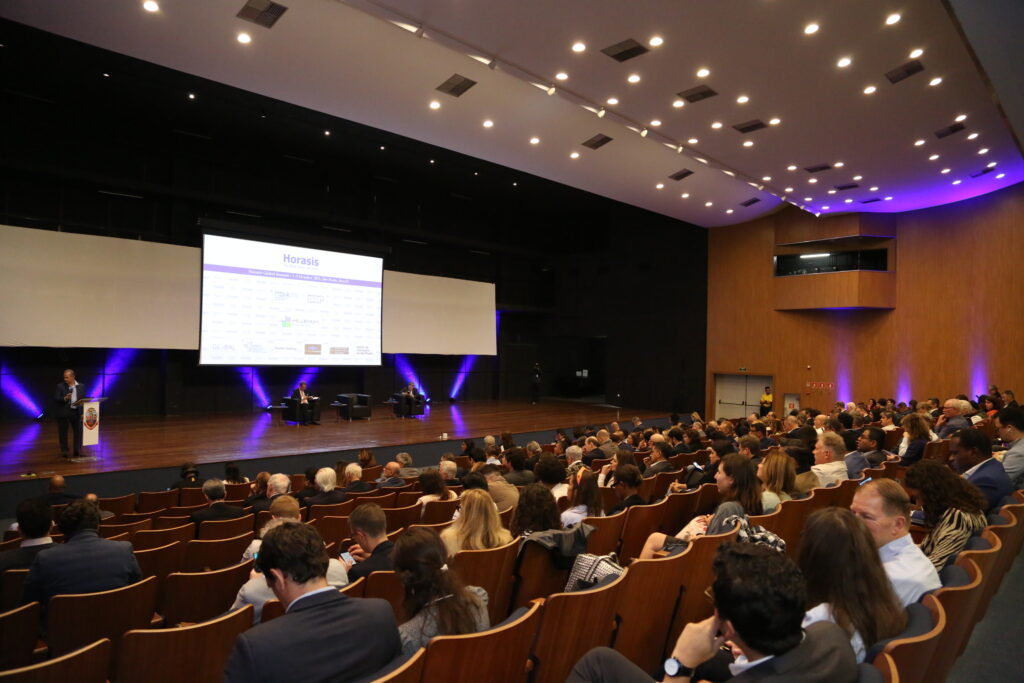
Por Stiven Cartagena
October 8, 2025
The existence of frozen wealth presents a huge opportunity for Latin America. Large sectors of assets, from property and infrastructure, lack liquidity due to a slow and costly cross-border payment system, which acts as a brake on international trade and business expansion.
Confronting this scenario, tokenization emerges. This technology, based on blockchain, makes it possible to convert a physical asset or right into digital tokens, i.e. fractional and secure digital representations. The idea is to be able to own a small part of a real estate property or a fleet of logistics trucks, all through a digital platform.
Brazil is positioning itself as a pioneer in this area. Local entrepreneurs are demonstrating how static ownership models can become dynamic. Companies like CometCash, TeraHub, and InspireIP are launching solutions using tokenization to “unlock liquidity in real assets,” with applications ranging from intellectual property to business ecosystems.
From the same sector, a paradigmatic example is Jeeves, an American unicorn. Its CEO, Dileep Thazhmon, revealed that the company grew 300% in the last year. This growth is not only due to its corporate cards, but also owes to a bet on cross-border transfers, with the upcoming launch of a service based on stablecoins.

Investing in property or businesses is no longer just for a select few. What tokenization seeks, according to its promoters, is to democratize investment, allowing fractional participation in assets that were previously out of reach.
However, the pursuit of a fluid economy is not without its obstacles. The main challenge is regulation. How do you oversee digital assets that are, by nature, cross-border.
In addition, the challenge of adoption persists. Although, as Thazhmon notes, “Mexico and Latin America are pioneers in the adoption of stable currencies” due to the volatility of local currencies. End-user confidence is also key and the credibility of established companies will be fundamental for SMEs to make the leap to these new technologies.
These issues will be discussed in a panel during the Horasis Global Summit 2025, which will be held in São Paulo. The discussion will include the participation of people such as:
Tokenization and digitization of payments are important up-and-coming tools to unlock Latin America’s economic potential. The way forward requires close collaboration between entrepreneurs, who are building the future, and regulators, who must ensure that this new ecosystem is secure, inclusive, and sustainable for all.